3 Signs You Aren't Taking Care Of Yourself
It is no secret that it has been a challenging year. With so many different things to think about - from losing out on work to ensuring you can pay the bills, you've likely put self-care on the back burner. Unfortunately, this happens all too often, even without the extra stress that 2020 has brought along.
It is no secret that it has been a challenging year. With so many different things to think about - from losing out on work to ensuring you can pay the bills, you've likely put self-care on the back burner. Unfortunately, this happens all too often, even without the extra stress that 2020 has brought along.
As a result, you must develop healthy habits to take care of yourself. Remember, if you don't look after yourself - you can't look after others.
With that in mind, here are three signs you aren't taking care of yourself.
You're always tired
It's okay to feel tired from time to time, especially if you're reaching the end of a long week. However, if you are exhausted continuously - it is a clear sign that you aren't taking care of yourself properly. When you are tired, you are less productive, irritable and can even make yourself sick. Therefore, you must begin to prioritize rest and relaxation over being always on the go.
Here are some things you can do to combat fatigue.
Go to bed earlier.
Turn off your phone an hour before you sleep, giving you time to wind down.
Avoid caffeine in the evenings, helping you drift into sleep.
Don't overexert yourself.
Consult with a doctor to find out if you have an iron deficiency.
Meditate
Take part in some light exercise that can improve your energy levels
You're often sick
Getting sick is often unavoidable - and we all have a terrible cold now and then. However, if you find that you are always sick - be that coughing or sneezing - you need to try and find ways to boost your immune system and better protect yourself from illness. Here's how!
Get enough rest, as this can weaken your immune system.
Exercise regularly, at least three times a week.
Prioritise self-care, don't let stress consume you
Follow a healthy, balanced diet healthy, balanced diet that can boost your immunity
Cut down on unhealthy snacks and alcohol
Take vitamin supplements when necessary
You don't seek help when you need it.
Many of us chose to avoid our problem for as long as possible. Say you have fallen over at work and hurt your wrist. You may shrug off the initial pain and hope for it to go away over time, ignoring the fact that you could have sustained a severe injury. This avoidance is a clear sign that you aren't taking good care of yourself, and you should always ensure you seek help or additional treatment after an injury such as this. Then, if you want to make a claim, you can get in touch with professional injury lawyers, such as Prince Law Firm, who can use the medical evidence and records to support your claim.
Though many of us are quick to ignore physical injuries, emotional pain is disregarded even quicker. However, if you are bottling up feelings of anxiety, depression or stress, they will only build up over time. You cannot merely box them away and forget about them - they'll find a way out. Therefore, you must reach out when you need help - whether you talk to a friend or a professional - it will make a huge difference.
MelatoninPower. BeautySleep. SleepMatters.
At this time, neurochemical cleansing of the brain occurs, the transfer of memories to long-term memory, detoxification of the body, and activation of immunity.
Why sleep is universal medicine Can you remember the last time you woke up without an alarm - refreshed and energized? If you happened to get enough sleep only on vacation, you are not alone. According to neurobiologist Matthew Walker, two-thirds of the adult population of all developed countries of the world live in conditions of sleep deficit. Modern scientists warn: the lack of obvious negative consequences of lack of sleep does not mean that it is safe for our health. Sleep is not time spent aimlessly, but a vital respite for the whole organism. At this time, neurochemical cleansing of the brain occurs, the transfer of memories to long-term memory, detoxification of the body, and activation of immunity.
Even our cognitive abilities are in direct proportion to the amount of sleep: after a sleepless night, the ability to memorize information drops by 40%. Researchers have also found that women who regularly sleep less than seven hours have an increased risk of heart disease, type 2 diabetes, and depression.
The hormone melatonin is responsible for the regulation of daily biorhythms in our bodies. The amount of light affects the production of the hormone. This is why in summer when daylight hours are longer, we get enough sleep faster than in winter. The maximum concentration of melatonin occurs between midnight and 5 am. In addition to regulating sleep, melatonin has a wide range of physiological functions. This hormone is primarily known as a powerful antioxidant. By binding the most toxic free radicals, it protects DNA, proteins, and lipids from damage and prevents early cell aging. So a healthy 8-hour sleep is no less effective anti-aging procedure than visiting a beautician. And most importantly - completely free!
Report: Olha Dzharyha








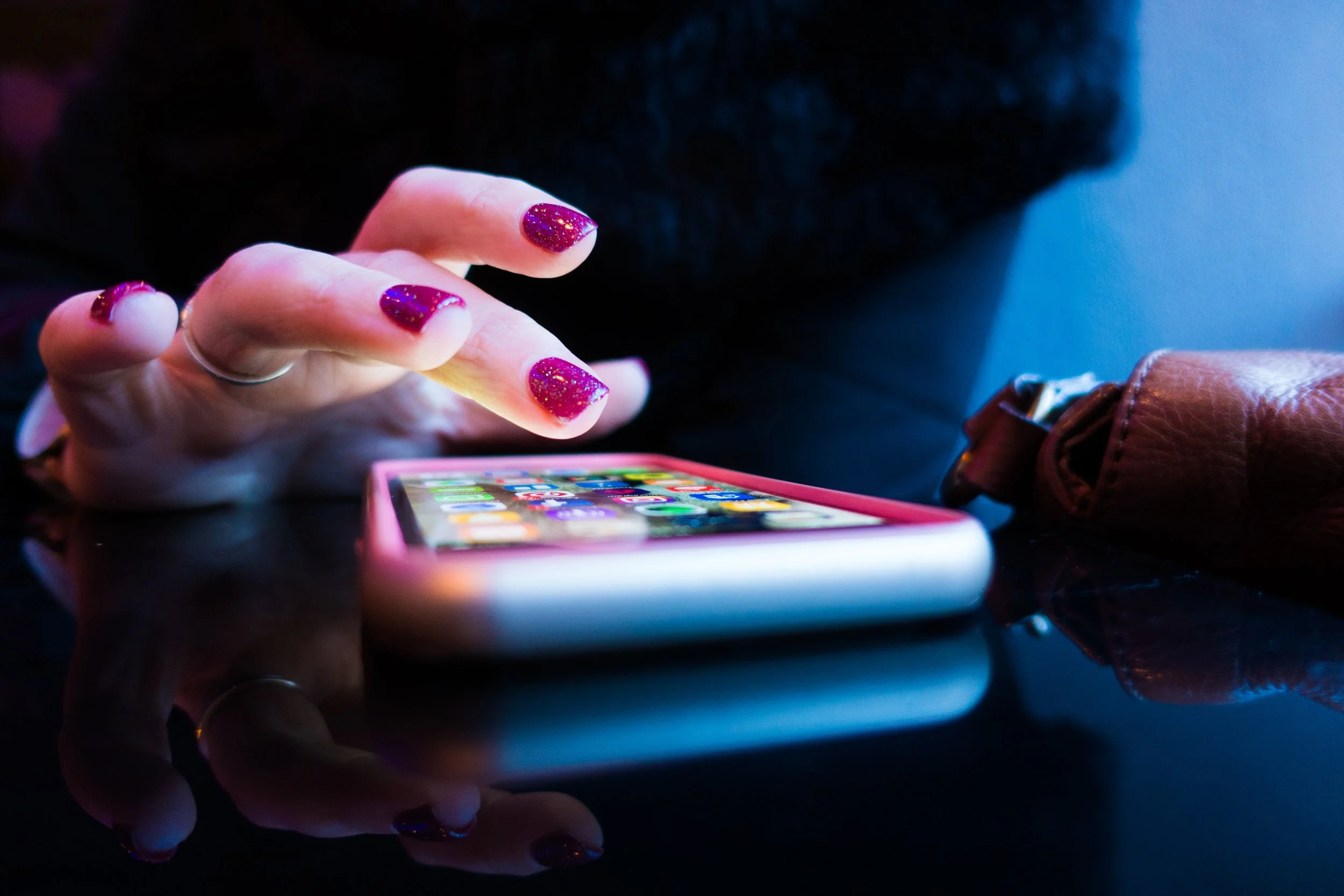

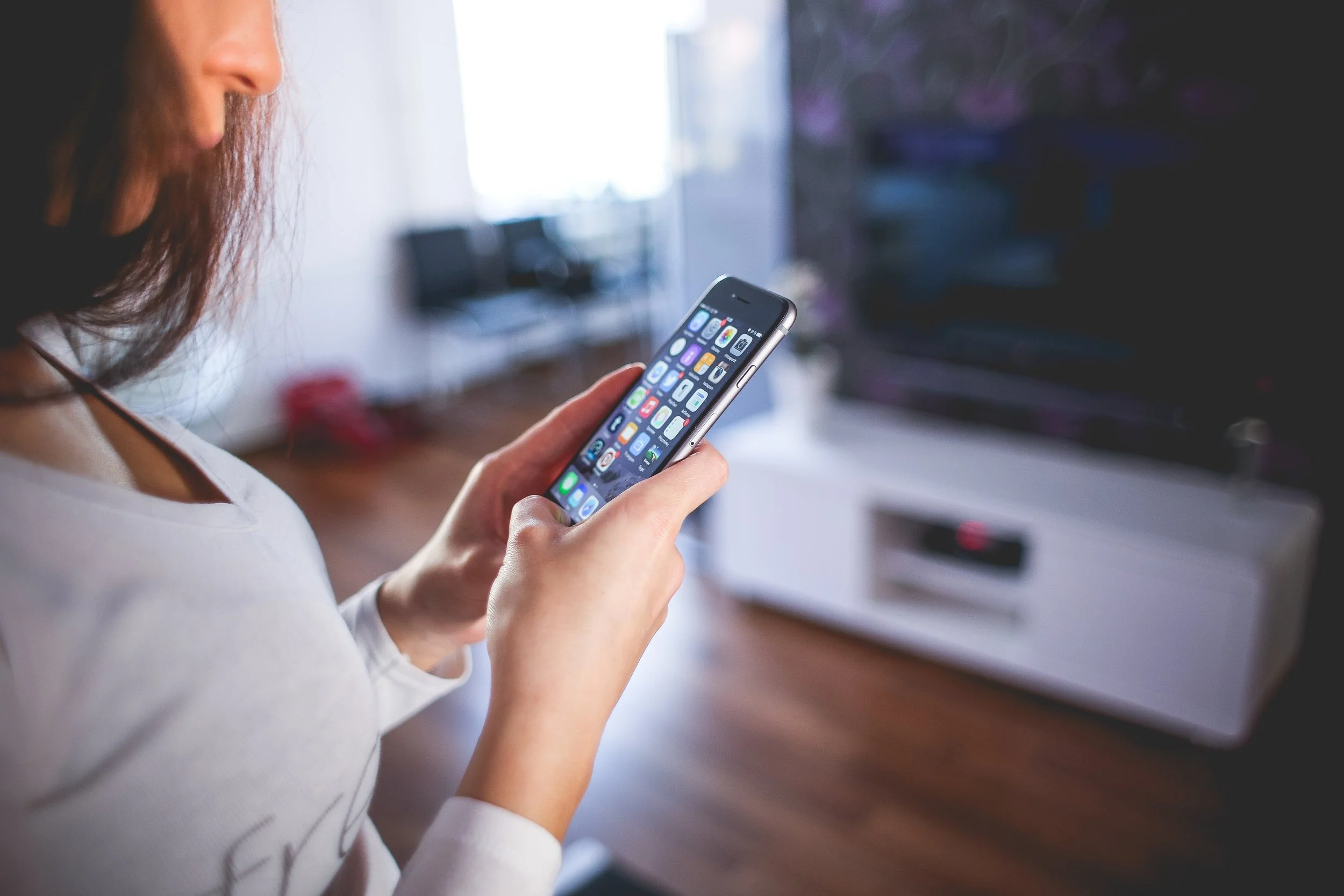
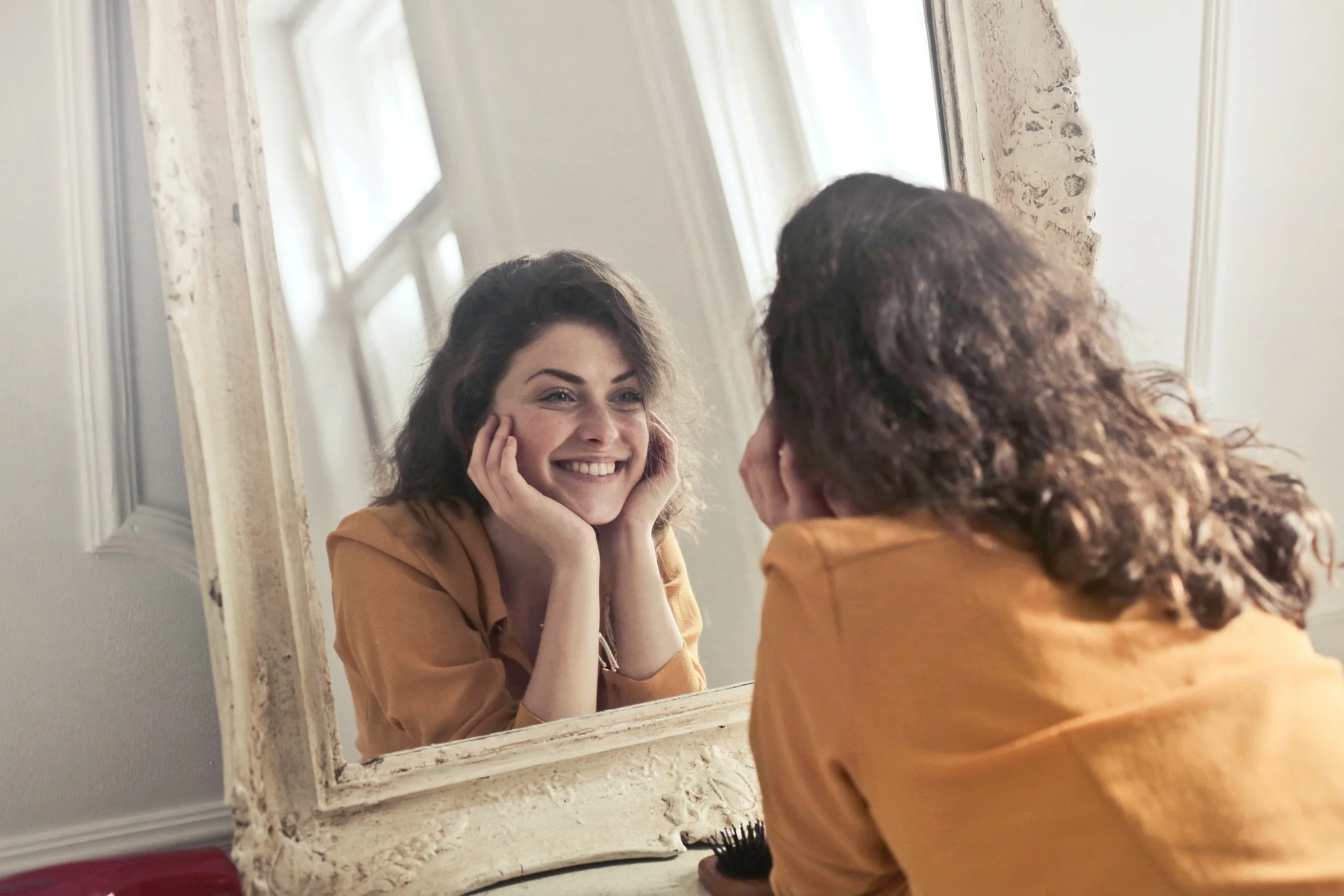

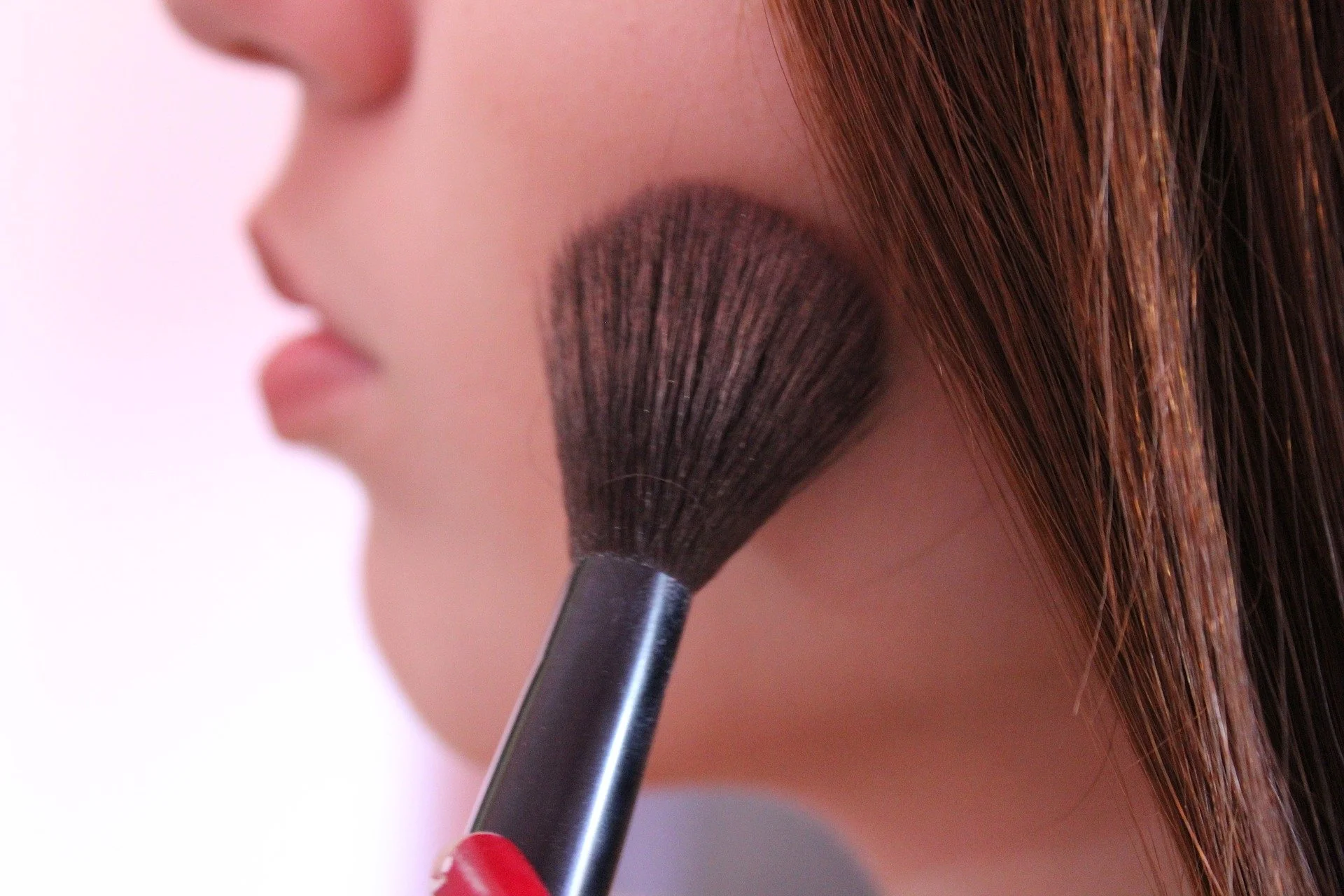
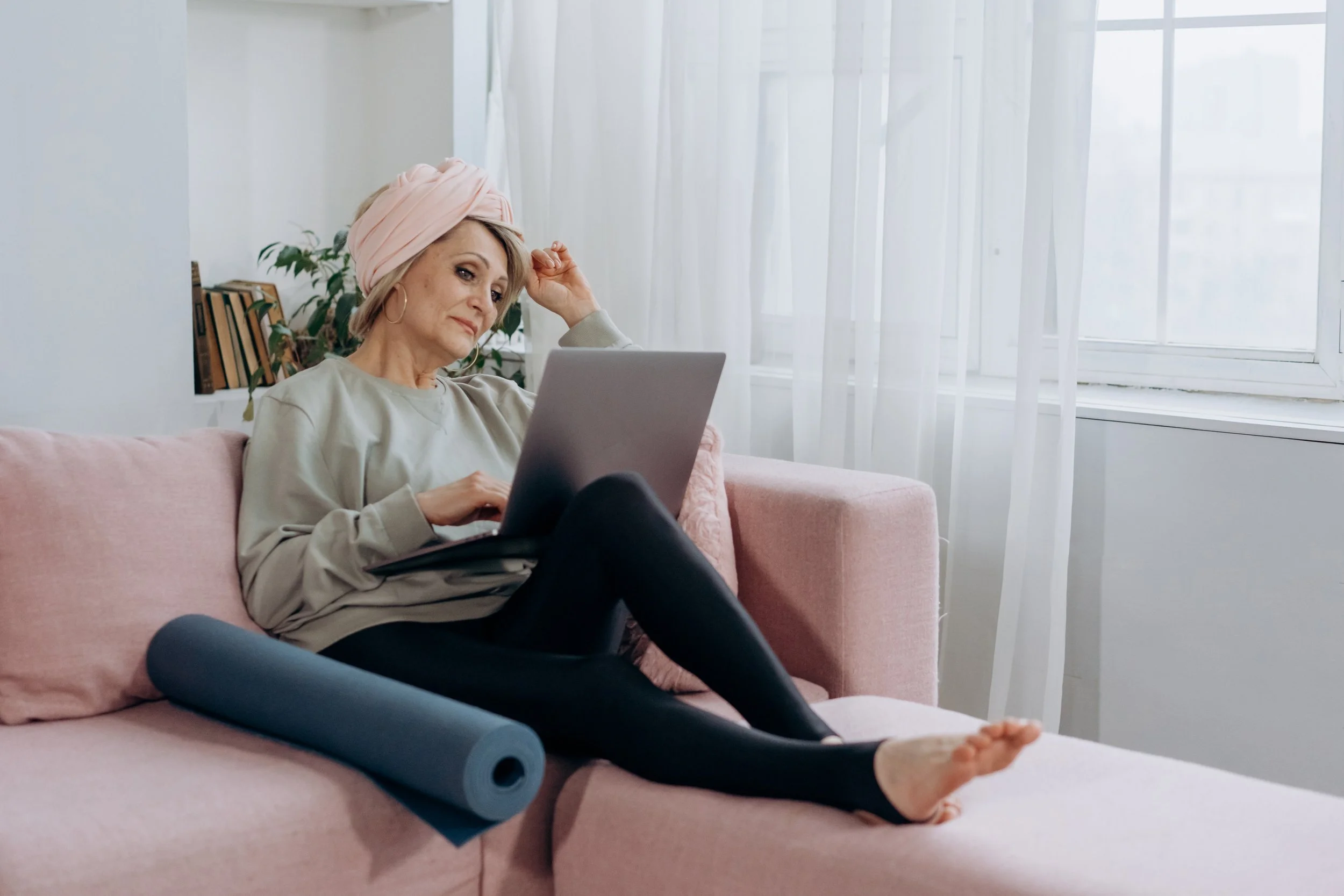











At the rise of Covid-19 many of us first questioned the timeline of fashion week and would we see the regular calendar continue - the question weighed over many of us for months! It was refreshing to see design houses and designers across the globe take advantage of the uncertainty and plow into production mode - thus my interest in Jerri Reid New York - The Black Designer based in Brooklyn New York wow’d instagram with his latest collection paying homage to the Black Is King film which debuted earlier this year in July. I was taken aback at quick of a turn round the young designer produced and released his well crafted designs reflecting some of the films most memorable moments.